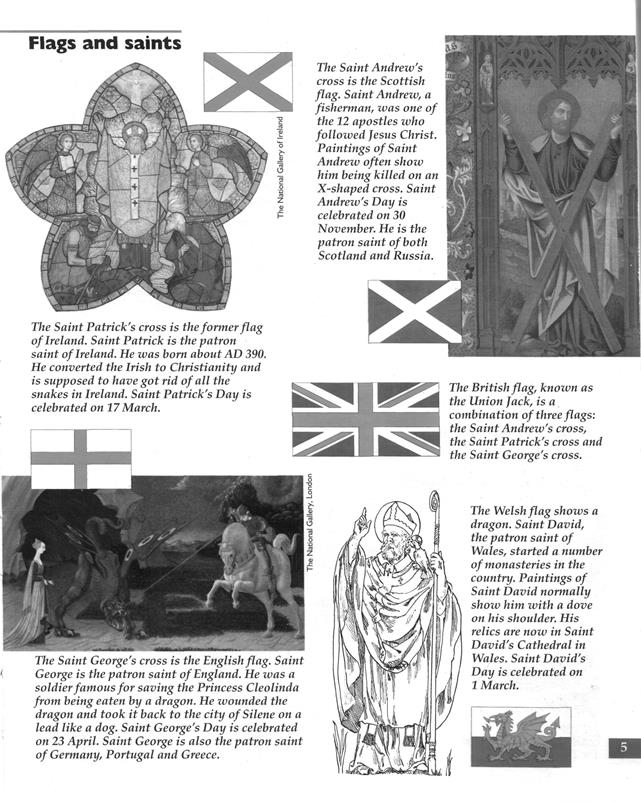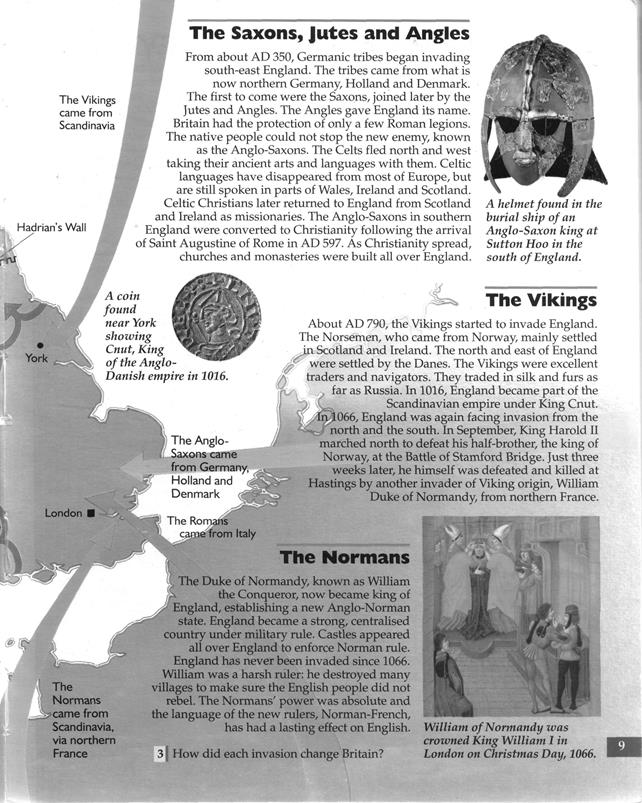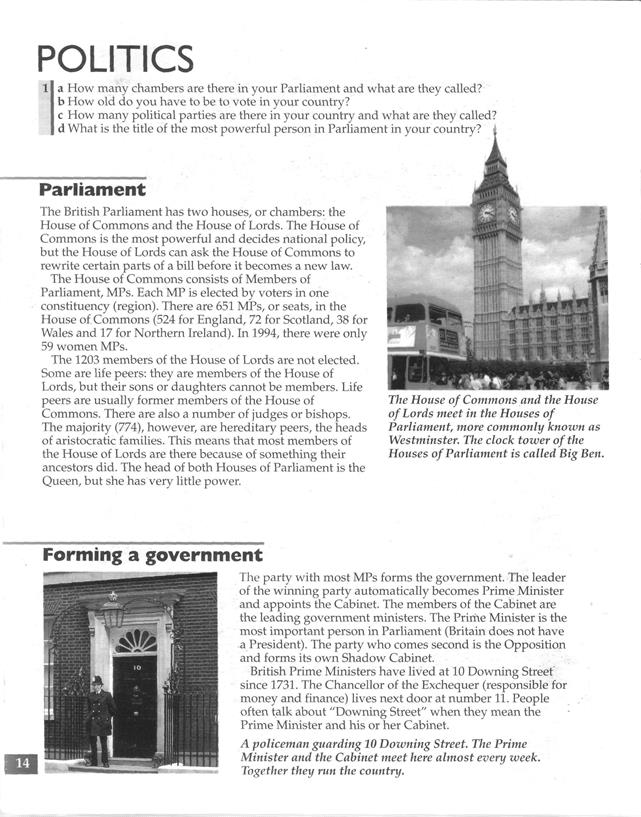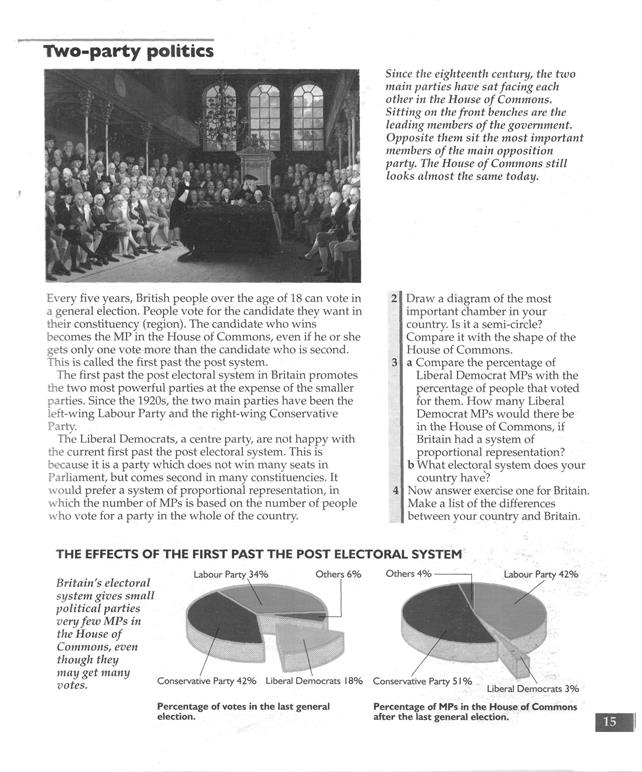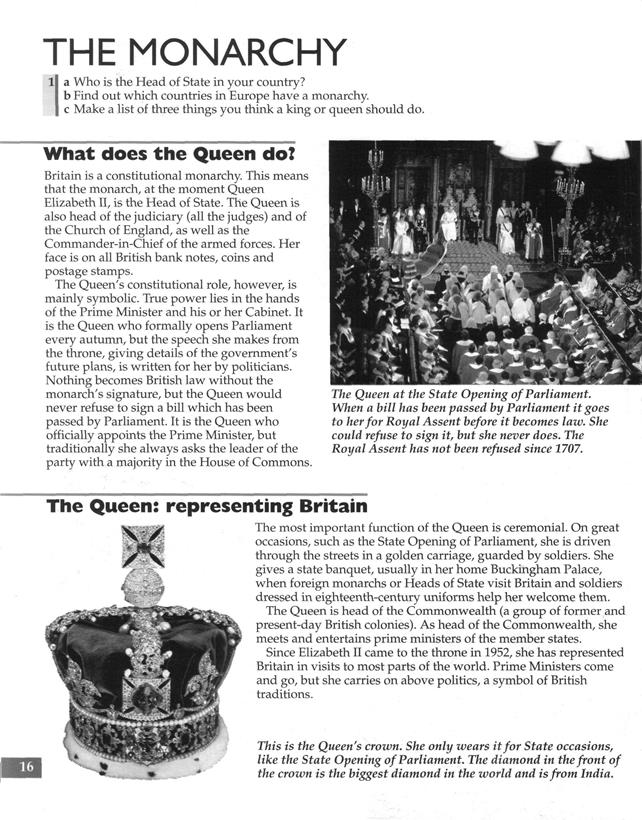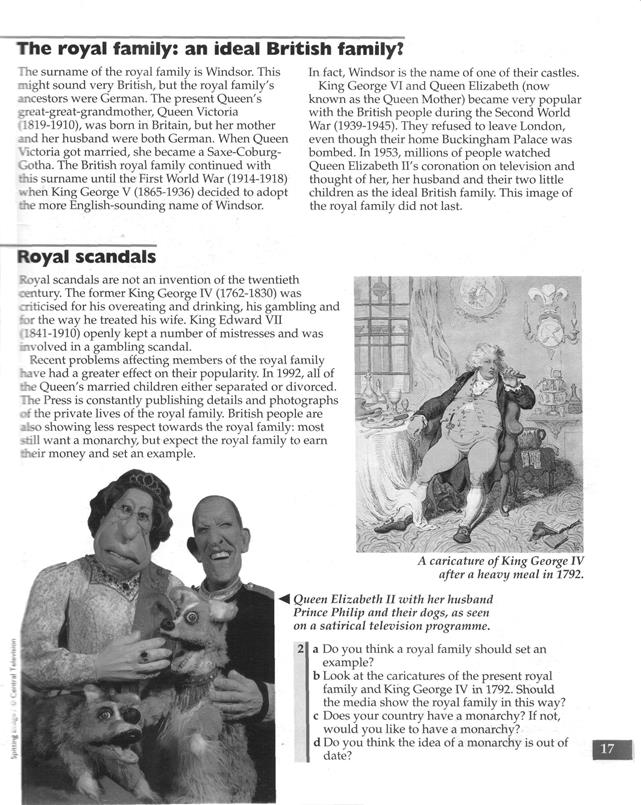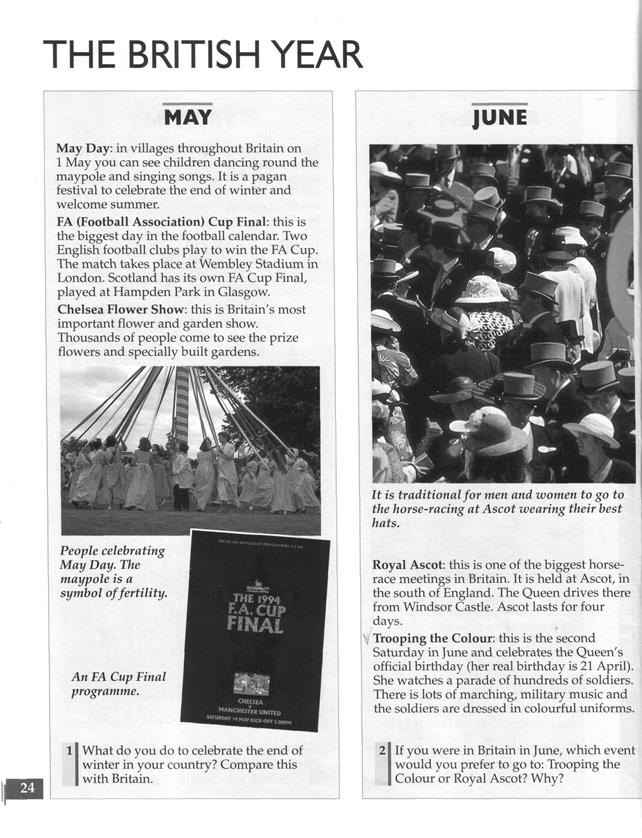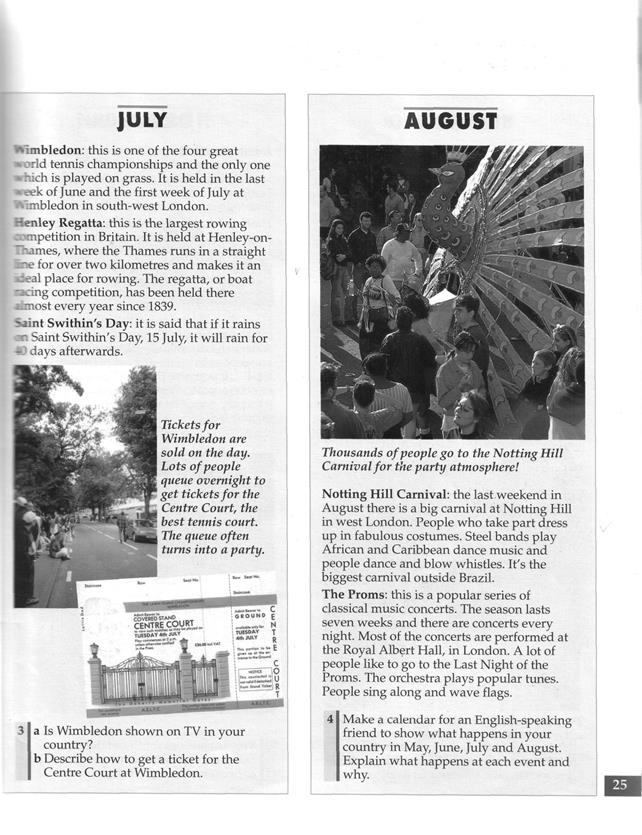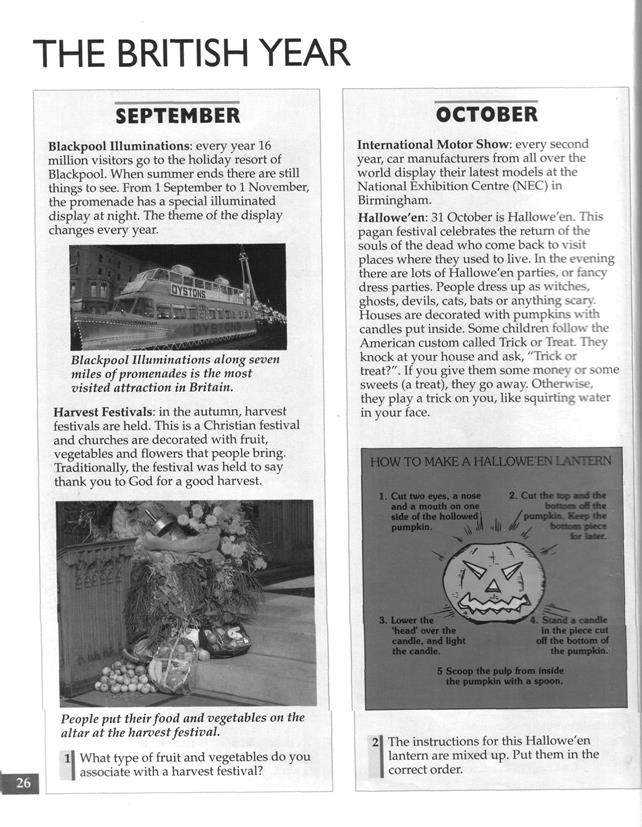SOME MORE GLIMPSES OF LONDON
London is one of the biggest and most interesting cities in the world. Traditionally it is divided into the West End and the East End. The West End is famous for its beautiful avenues lined with plane trees, big stores, rich mansions, expensive restaurants, hotels, theatres and night clubs. The East End used to be a poor area filled with warehouses, factories, slums and miserable houses. Quite a lot of people lived from hand to mouth here. For the recent years this area including Dockland has turned into a new housing development. The heart of London is the City — its commercial and business centre. Here is situated the Tower of London that comes first among the historic buildings of the city. If you want to get some glimpses of London it’s just from here that you had better start sightseeing. The Tower of London was founded by Julius Caesar and in 1066 rebuilt by William the Conqueror. It was used as a fortress, a royal residence and a prison. Now it is a museum of armour and also the place where the Crown Jewels ate kept. In present days, just as many centuries ago, the Ceremony of the Keys takes place at its gates. Every night when the guard is changed at each gate there is the cry: “Halt! Who goes there?” Then the guard replies: “The Keys.” “Whose Keys?” “Queen Elizabeth’s Keys!” “Pass, Queen Elizabeth’s Keys! All’s well.” And so the Tower of London is safely closed for the night. A twenty minutes’ walk from the Tower will take you to another historic building — St. Paul’s Cathedral, the greatest of English churches. It was built by a famous English architect, Sir Christopher Wren (1632-1723). St. Paul’s Cathedral with its huge dome and rows of columns is considered to be a fine specimen of Renaissance architecture. In one of its towers hangs one of the largest bells in the world, Great Paul, weighing about 17.5 tons. Wellington,1 Nelson2 and other great men of England are buried in the Cathedral. Not far away, in Westminster, where most of the Government buildings are situated, is Westminster Abbey. Many English sovereigns, outstanding statesmen, painters and poets (Newton, Darwin, and Tennyson among them) are buried here. Across the road from Westminster Abbey is Westminster Palace, the seat of the British Parliament. Its two graceful towers stand high above the city. The higher of the two contains the largest clock in the country and the famous bell Big Ben that strikes every quarter of the hour. If now we walk along Whitehall, we shall soon come to Trafalgar Square. It was so named in memory of the victory in the battle of Trafalgar, where on October 21, 1805 the English fleet under Nelson’s command defeated the combined fleet of France and Spain. The victory was won at the cost of Nelson’s life. In the middle of Trafalgar Square stands Nelson’s monument — a tall column with the figure of Nelson at its top. The column is guarded by four bronze lions. The fine building facing the square is the National Gallery and adjoining it (but just round the corner) is the Portrait Gallery. Not far away is the British Museum — the biggest Museum in London. It contains a priceless collection of different things (ancient manuscripts, coins, sculptures, etc.). The British Museum is famous for its library — one of the richest in the world.3 In its large circular reading room Marx, Engels and later Lenin used to work. And now, even if you have almost no time left for further sightseeing, you cannot leave the city without visiting Hyde Park or “the Park” as Londoners call it. When you are walking along its shady avenues, sitting on the grass, admiring its beautiful flower-beds or watching swans and ducks floating on the ponds, it seems almost unbelievable that all around there is a large city with its heavy traffic and smoke.
1 The Duke of Wellington (1769-1852): a famous British general whose army defeated Napoleon at Waterloo in 1815. 2 Nelson, Horatio (1758-1805): an English admiral who won the battle of Trafalgar (the Atlantic coast of Spain). 3 In 1973 the library of the British Museum and four other biggest libraries were joined into one — the British Library, which is the biggest national library in the United Kingdom and one of the biggest and best present-day libraries in the world.
Учебно-методические материалы по аспекту «Письменная практика»
|



